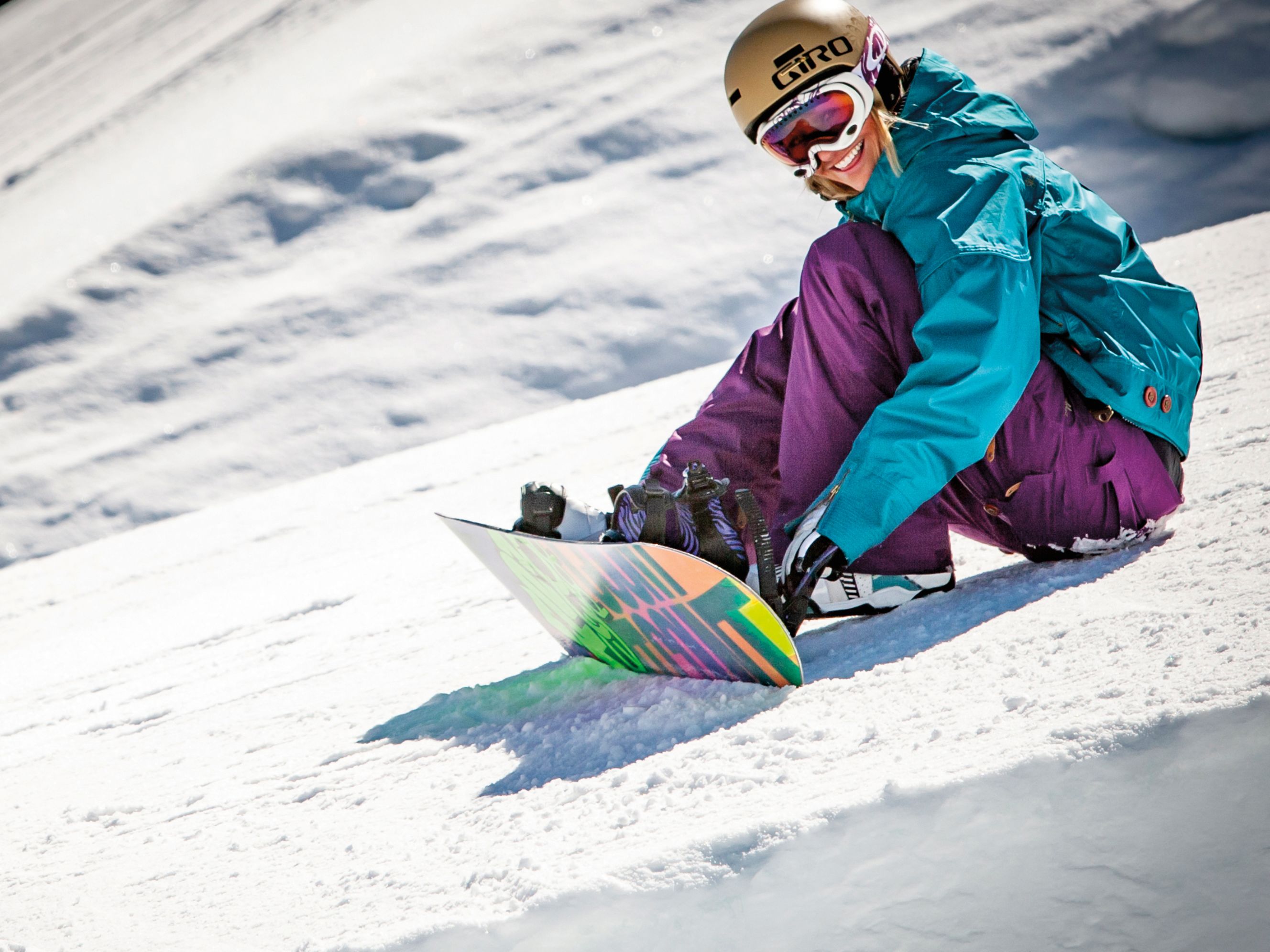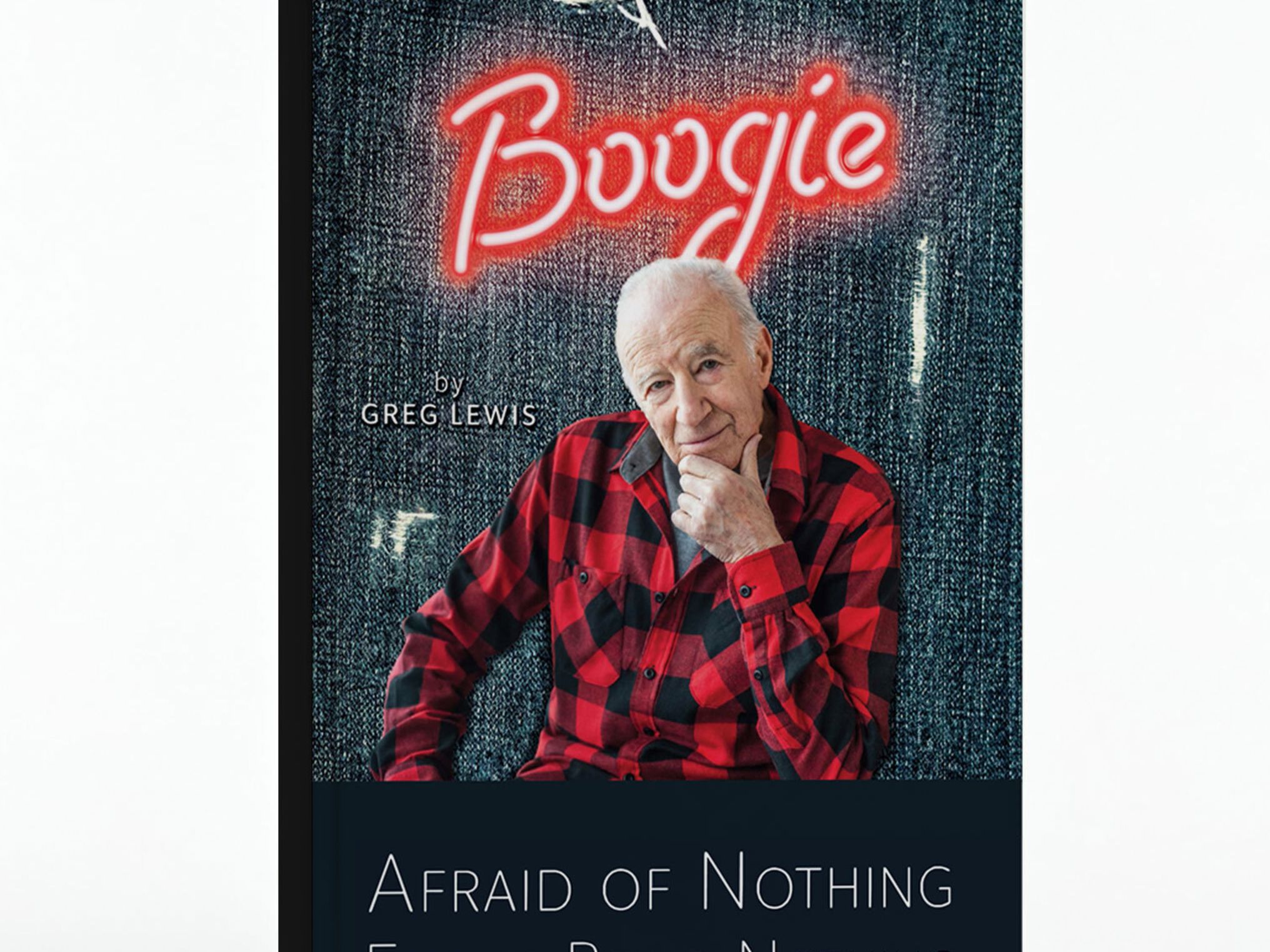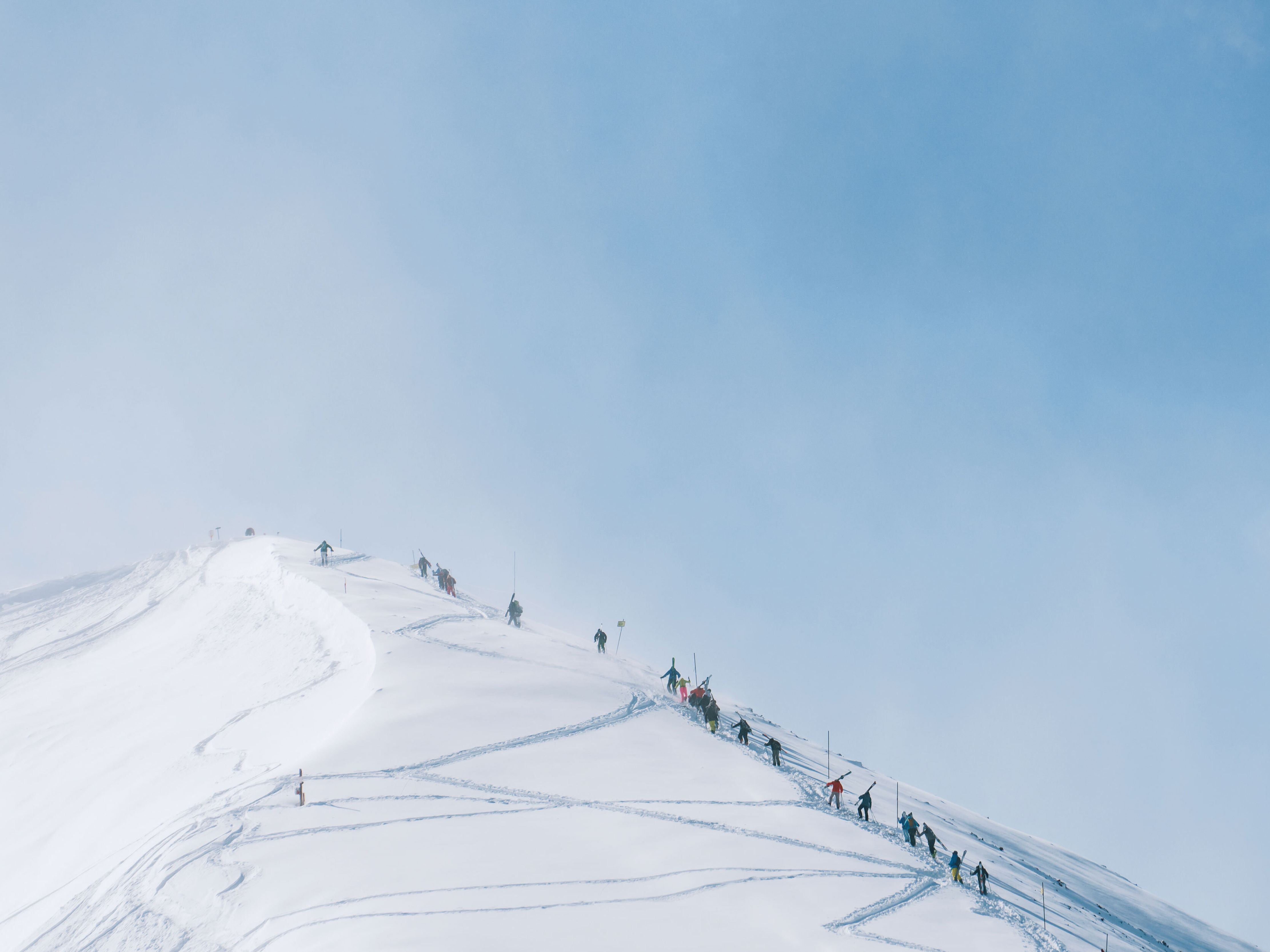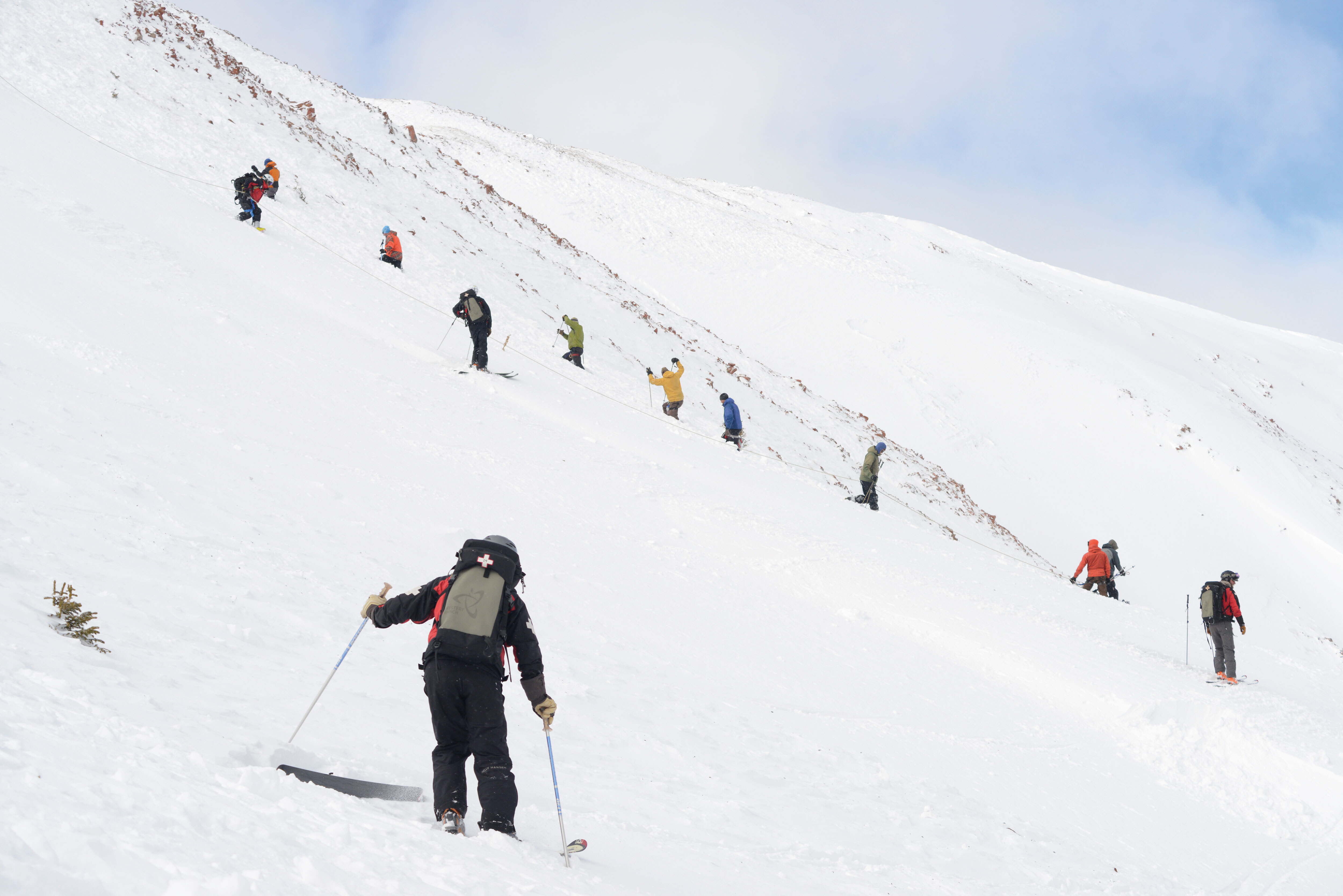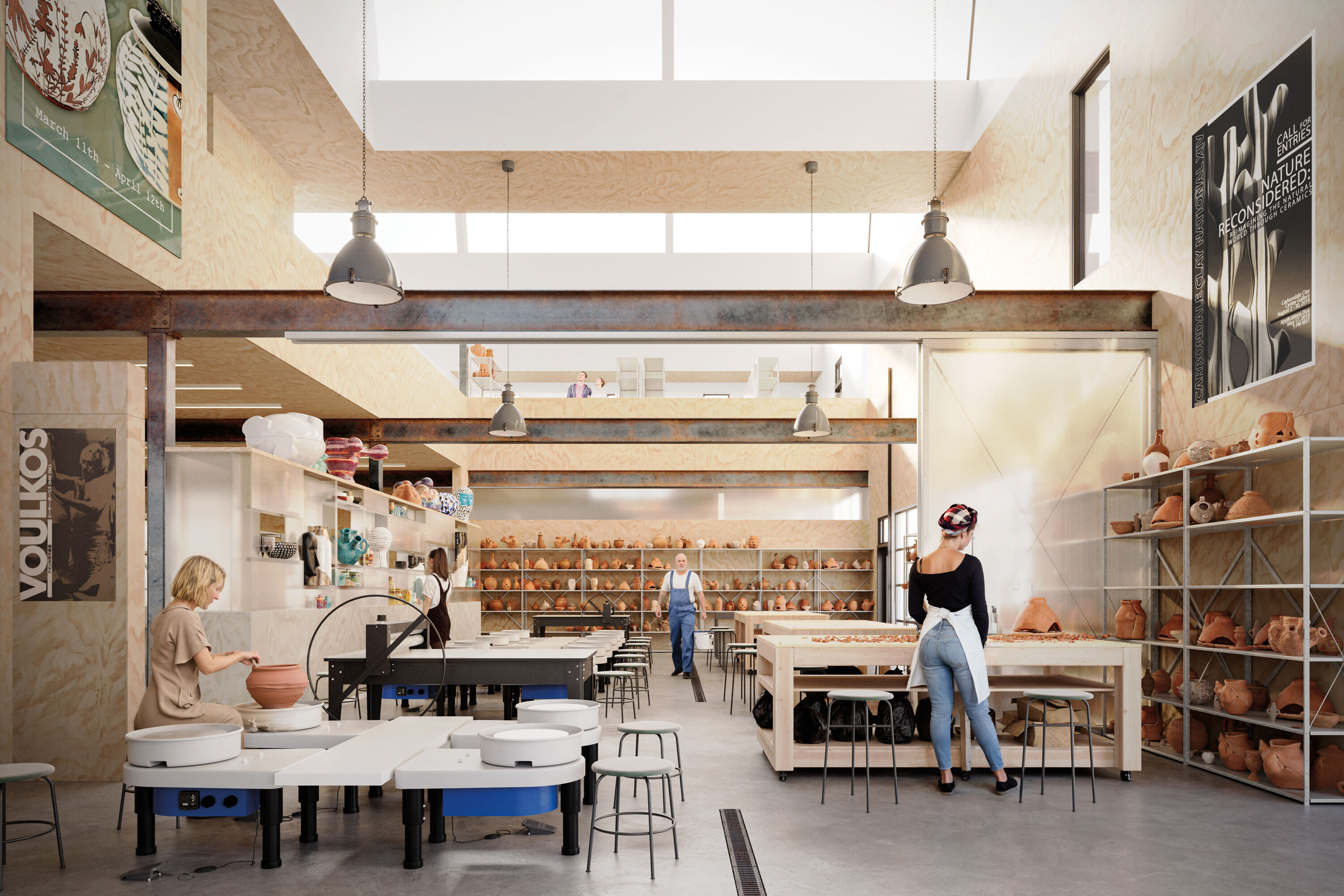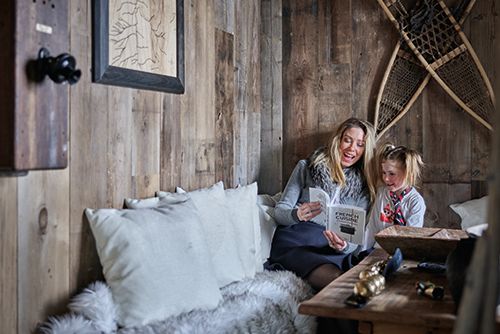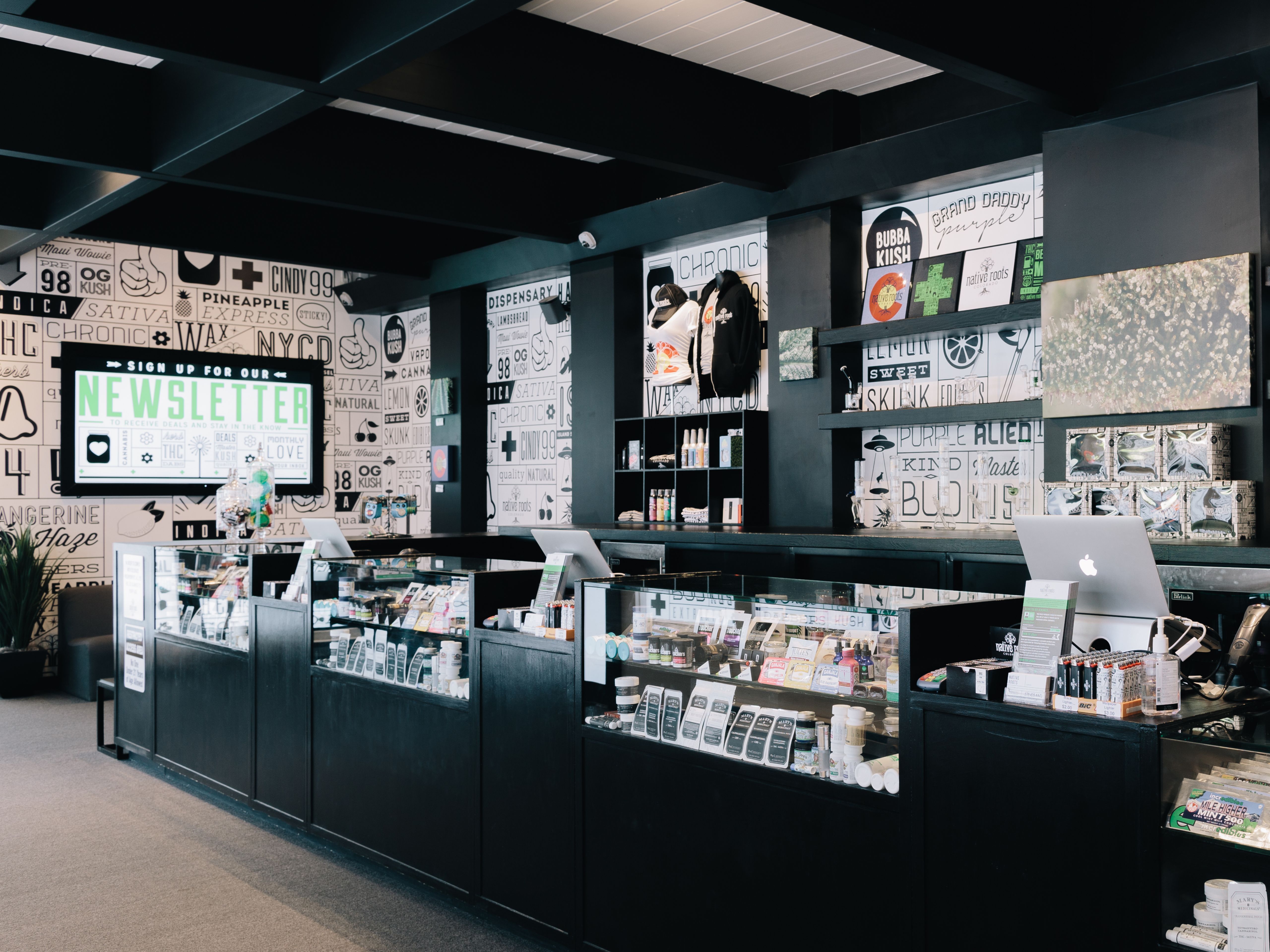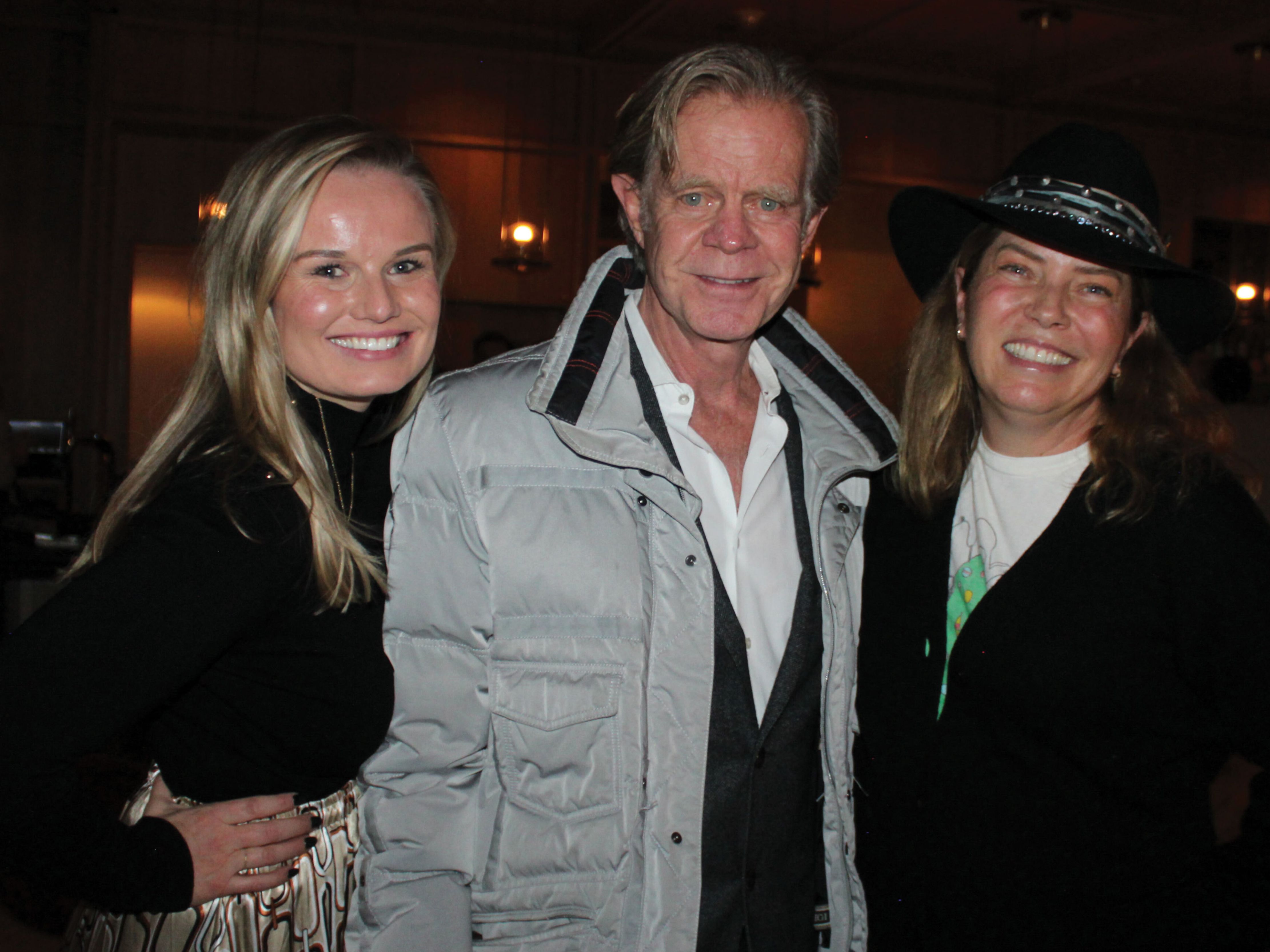A Year of Firsts at the Bayer Center

Image: Daniel Bayer
Last spring, a parent stopped me when I was picking up my kid from after-school gymnastics at the Red Brick Center for the Arts in Aspen. She had seen my name on a permission slip for a field trip to the Bayer Center at the Aspen Institute and asked, “What’s Bayer? What’s a Bayer Center?” An elementary school-age boy nearby overheard and interjected, in rapid-fire fashion with a know-it-all swagger: “You’ve never heard of Herbert Bayer? He was this artist and he lived here and he made this cool atlas and this big globe you can go in and all these buildings and things and….”
I let him take over and allowed myself a moment of pride: that this young person had taken part in one of the 30-plus school programs I organized for the Resnick Center for Herbert Bayer Studies during the 2023–24 school year; that, more importantly, he had retained some info to share; and, most vitally, he sounded genuinely excited about it. My hope, in the inaugural school year for educational programs at the Center, had been to ignite creativity and curiosity in young people like him through the multidisciplinary work of Herbert Bayer.
Since debuting in the 2024 school year, Bayer Center programs have directly connected with more than 1,200 young people from 17 schools between Aspen and Grand Junction, hosting them on the Aspen Institute campus and providing in-school programs. These have included frequent field trips to Bayer Center exhibitions so they could experience Bayer’s earthworks, sculpture, and architecture on the Institute campus, as well as creative workshops.

Image: Daniel Bayer
As I began outreach to launch an education program for the still-pretty-new museum in summer 2023, a year after it opened, the challenge was to design programs for everyone from pre-K through 12th grade, as well as adults and the global Aspen Institute community that convenes here. I curated an exhibition, Charting Space: Herbert Bayer’s World Geo-Graphic Atlas at 70, that would serve as a launchpad for our educational programs, aiming to make it accessible and exciting to that broad swath of constituencies.
I was driven to build community through these programs, establishing the Bayer Center as a welcoming place for all and drawing in regional audiences who might view the institute as intimidating and cloistered and who might not yet know of Bayer. Bayer’s Chromatic Gates sculpture, outside the center on Gillespie Avenue, serves as a welcome mat for the public to the 40-acre Aspen Institute campus and the world of Herbert Bayer.
Charting Space presents Bayer’s radically ambitious work on his atlas in an interactive exhibition that serves as a teaching tool on everything from outer space and local and world history to cartography and sustainability. It also includes a replica of Bayer’s walk-in 1943 Outside-In Globe, which has proved to be a hit with visitors of all ages and an effective vehicle to discuss art’s role in promoting international cooperation and creating possibilities for a better world.
Bayer’s work is so cross-disciplinary and touches so many areas of inquiry that I can design a program to meet just about any group’s interest and just about any school curriculum. I’ve hosted sixth graders working on thematic mapping and International Baccalaureate high schoolers completing a two-year environmental systems and societies program, and I’ve workshopped with teens on themes of courage, healing, and repair.

Image: Daniel Bayer
During school visits, I often tag-teamed with the brilliant landscape architect and community leader Ann Mullins to explore the design of the Bayer’s Institute's campus along with Bayer Center exhibitions. Through the snowy cold winter, I learned that Colorado kids and educators are willing to talk Bayer and walk his campus in just about any weather. I moderated a slate of adult education events and panels at Institute venues and the Pitkin County Library, but the most intimidating crowd I faced was 400-plus kids at an Aspen Elementary all-school assembly, where I presented on Bayer’s artwork and Bauhaus ideas in a slideshow that included film footage by Bayer’s granddaughter, Koko, and a Bayer monologue by the revered Aspen-based actor and Aspen Historical Society educator Mike Monroney. The kids cheered. Herbert Bayer FTW.
I also formed early partnerships with art educators from the Aspen Art Museum and Powers Art Center, who generously shared resources and expertise to help get me going. In March 2024, we teamed with the Basalt Education Foundation and the Aspen Art Museum for Basalt Art Days, a five-week series at Basalt Elementary School, where a wide variety of art organizations provided art-making experiences for students on early-release Wednesdays.
Each organization brought its own experience, ranging from flag-making and paper-making to Native American dance to my Bayer 101 presentation and Bauhaus-inspired collage projects. Eager students moved from one station to the next throughout the day. The program met a specific need: Basalt has adopted a bilingual curriculum to serve English- and Spanish-speaking students, which has created a need for more preparation time for its teachers. Basalt Art Days, while giving students inspiring creative experiences, also provided teachers with that urgently needed prep time.
This was an eye-opening experience, realizing that our educational resources could be an effective tool to address equity and teacher retention issues, and that they could in the future achieve more such outcomes and meet community needs while simultaneously sparking curiosity and introducing young people to Herbert Bayer’s art and design.
Now, on to year two.
Editor’s Note: Andrew Travers is the inaugural Penner Manager of Educational Programs at the Aspen Institute’s Resnick Center for Herbert Bayer Studies. A version of this article was originally published on the Center’s blog a thebayercenter.org.
Goings-on at the Bayer Center
School groups and adults are welcome year-round at the
Bayer Center for free tours, talks, and creative workshops based on current exhibitions, including these.
Bauhaus Typography at 100
At Resnick Center for Herbert Bayer Studies, Aspen Institute, through April 2025
Open Tue–Sat, noon–5 p.m.
Charting Space
At Resnick Gallery in the Doerr-Hosier Center, through summer 2025
Open Mon–Fri, 9 a.m.–5 p.m.
Herbert Bayer and the Aspen Music Festival and School
At Paepcke Gallery in Paepcke Auditorium, Aspen Institute, through April 2025
Open Mon–Fri, 9 a.m.–5 p.m.
